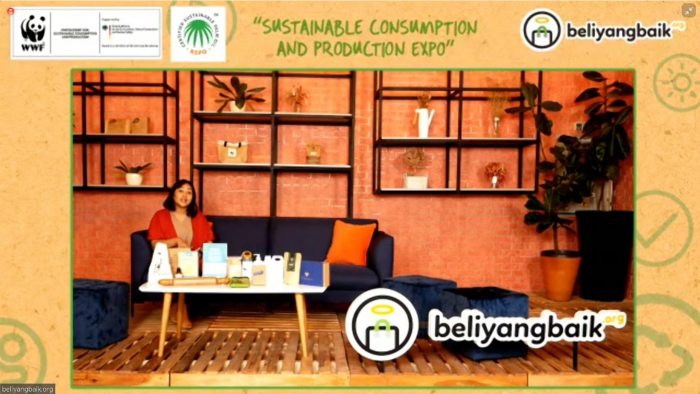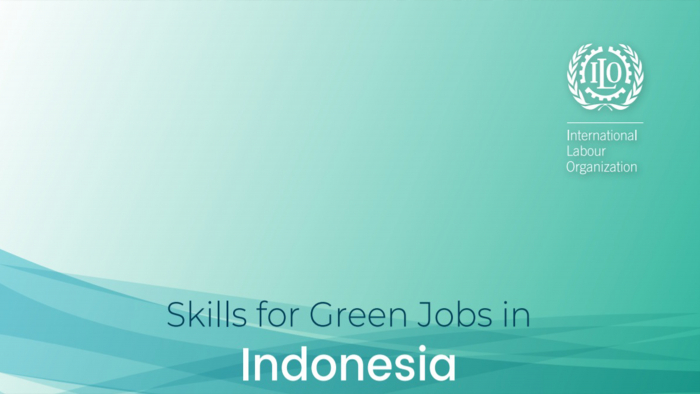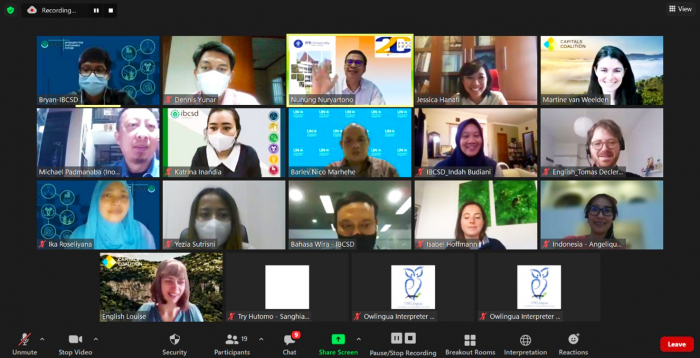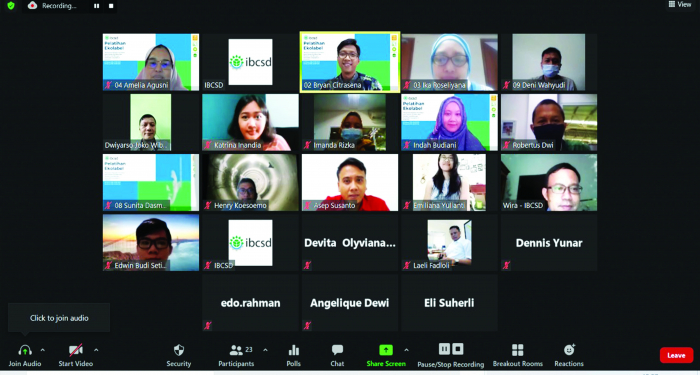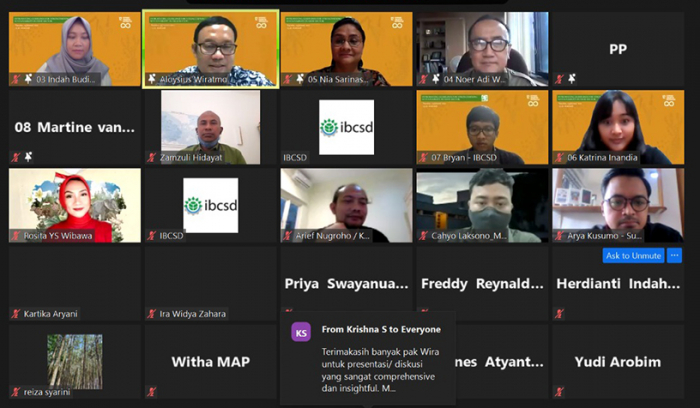Meanwhile, the TEEBAgriFood initiative itself is globally organized by the United Nations Environment Program (UNEP), while the Ministry of National Development Planning (Bappenas) acts as the initiator and leader from the government side for TEEBAgriFood in Indonesia. The TEEBAgriFood project for business focuses on seven partner countries around the world: Brazil, China, India, Indonesia, Malaysia, Mexico and Thailand and will run until the end of 2022.
On the first day of discussion, apart from CTSS IPB, there were also Anang Noegroho, Director of Food and Agriculture, Ministry of National Development Planning (BAPPENAS); Dr. Rony Megawanto, Director of the KEHATI Program; Ageng Herianto, Representative of FAO Indonesia; Henriette Faergemann, European External Action Services; and Salman Hussain, Coordinator for The Economics of Ecosystems and Biodiversity (TEEB), UNEP.
On the second day, Glenn Pardede, President Director of PT East West Seed Indonesia (Cap Panah Merah said, “The key to the success of the agricultural business is to ensure that smallholder farmers get better profits and livelihoods. Through maintaining healthy ecosystems and better livelihoods for the community, the company will get the benefits by itself ”.
This is related to the data from TEEB which estimates that 75% of rural people in Indonesia rely on their income from agricultural products or services generated by the surrounding ecosystem. Therefore, ecosystem degradation will not only have a negative impact on related businesses, but is likely to threaten Indonesia’s future wealth.
In the second day of discussion with the theme “Business actions based on natural, human and social capital”, Arryati Ramadhani, the Main Consultant for Environmental Resources Management (ERM), also added that an analysis of the impact of business activities on nature and society needs to be carried out as early as possible, holistic, and continuous, not just in the early stages of activity.
The second day of discussion was attended by business and government representatives, Agung Baskoro, Corporate Responsibility and Sustainability Division Lead, Cargill Indonesia; as well as Muhammad Saifulloh, Depusti Assistant for Food, Coordinating Ministry for Economic Affairs; also attended as a panelist.
Still in the context of boosting the transformation of the food and agriculture system, a free training for the assessment of the impact and dependence of the business sector on nature and humans will also be held starting on 2 June 2021. The training will discuss practical examples of business decision making based on an assessment of impact and dependence on nature and humans. To join the training, please contact IBCSD secretariat.
